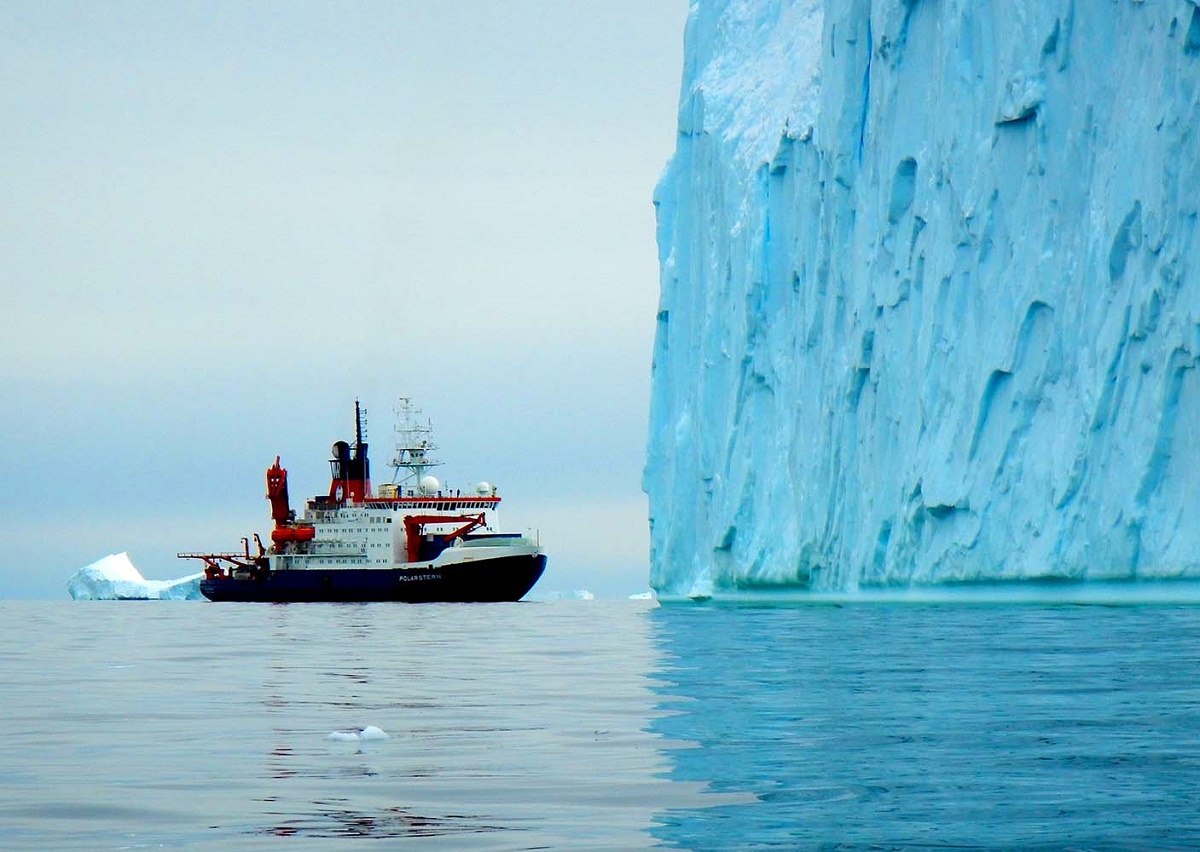New Zealand and Germany have inked a landmark agreement to bolster cooperation in Antarctic research,solidifying their positions as key players in understanding the frozen continent.The deal,signed between Antarctica New Zealand and the Alfred Wegener Institute,Germany's leading polar research institute,comes amidst growing international interest in the region's scientific and geopolitical significance.
New Zealand Foreign Minister Winston Peters emphasized the strategic importance of the agreement,stating that Antarctica is a region of increasing scientific and geopolitical interest.The pact is expected to foster closer ties between the two nations' polar research communities,paving the way for joint research endeavors,logistical support exchanges,and data sharing.
This collaboration aligns with New Zealand's longstanding commitment to Antarctic research.The country boasts a robust Antarctic program,maintaining three research stations on the continent – Scott Base,the largest operational base in Antarctica outside Antarctica itself,McMurdo Station (jointly managed with the United States),and the smaller,remote station,Raoul Island.Germany too,has a rich history of Antarctic exploration,with research stations like Neumayer Station III contributing significantly to our understanding of the polar environment.
The agreement is particularly timely,considering the growing urgency of addressing climate change's impact on Antarctica.The continent is a critical indicator of global climate health,and its ice sheets hold vast amounts of freshwater,with significant implications for sea levels if melted.Collaborative research efforts will be instrumental in furthering our understanding of the complex environmental changes unfolding in the region.
Beyond scientific pursuits,the agreement is likely to strengthen New Zealand and Germany's combined influence in Antarctic governance.Both nations are signatories to the Antarctic Treaty,an international agreement that ensures Antarctica is used for peaceful purposes and scientific research.The pact could bolster their voice in shaping future policy decisions concerning the continent's delicate ecosystem and resource management.
While the specific areas of collaboration within the agreement haven't been disclosed,experts anticipate joint research projects focusing on climate change,glaciology (the study of glaciers),marine biology,and the impact of human activity on the Antarctic environment.Data sharing initiatives are also expected to be a cornerstone of the partnership,allowing researchers to glean a more comprehensive picture of the continent's ever-changing dynamics.
The New Zealand-Germany partnership serves as a powerful example of international cooperation in safeguarding Antarctica's future.By combining their expertise and resources,both nations can make significant strides in unraveling the mysteries of this frozen realm and ensuring its preservation for generations to come.

